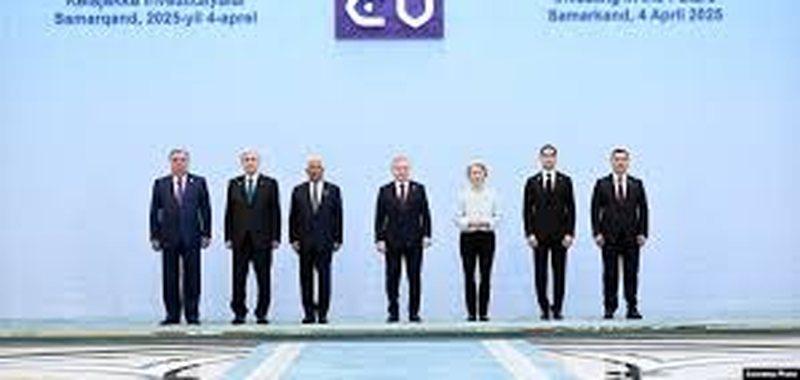Electricity, 30% cheaper in March - Renewable sources and rising temperatures, the main factors

According to Eurelectric data, electricity production in solar and nuclear power plants, combined with higher temperatures, reduced the price of electricity in Europe in March by almost 30% on a monthly basis.
Photovoltaic panels broke the record for energy production in March for the third consecutive month, as they accounted for more than 10% of Europe's electricity mix.
The rise in solar power, combined with improved nuclear generation and milder weather, lowered energy prices to 90 euros per MWh from 126 euros per MWh, recorded in February.
The organization said the high prices in the previous two months were driven by low wind generation, rising energy demand and the highest gas prices in the past two years. Continued global geopolitical tensions and disruptions in Norway put upward pressure on the cost of gas, while limited storage and flexibility resources forced a greater reliance on gas for energy supply.
Eurelectric said solar plants saved Europe with more sunny days and capacity growth, with 65 GW added in 2024 alone. As a result, the share of renewables in the energy mix was 15 percentage points higher in March compared to February, although one point lower than in March 2024.
Nuclear power contributed to the price decline, with its share of power generation increasing from 24% in March 2024 to 26% last month. This came after several French nuclear reactors were brought back into use.
The organization stressed that Europe remains highly vulnerable to fluctuations in fossil fuel prices, especially during periods of high electricity demand. "To counter this, we need to accelerate the deployment of storage technologies and further stimulate the use of long-term power purchase agreements," the official sources stressed.
Eurelectric sees solutions in capacity mechanisms and flexibility support schemes. Flexibility is also essential when it comes to balancing negative prices, which are becoming more frequent. While solar production increased in March, negative prices returned, especially in the Nordic and Western European countries, the European energy industry organization stressed.

How has this week started for the major currencies? – The Pound and the Dollar are weakening significantly!
The US dollar has suffered another price drop this week, as compared to the previous week, it was bought today for 89.7 lek and sold for 91.2 lek according......

Çerma tricolor pepper in European markets - Balluku: Model greenhouse cultivation with biological protection and quality
Deputy Prime Minister Belinda Balluku has attended meetings to promote enterprises that are contributing to household economies and the country's economic......

''Tax relief for business'' - Berisha presents the economic program at the former 'Dinamo' factory market
DP Chairman Sali Berisha has presented the economic program for small business traders in the market area of the former 'Dinamo' factory. According to him,......

Albania 2030/ 16 years in NATO, Rama: We increased investments in the army tenfold. We will bring the salaries of the Armed Forces to the NATO average.
Prime Minister Edi Rama and Minister of Defense Pirro Vengu participated in the presentation of achievements and future challenges in the field of defense in......

US begins implementing new 10% tariff - Higher tariffs, 11-50%, take effect on Wednesday
United States Customs has begun collecting the 10% tariff imposed by President Donald Trump on all imports from many countries, including Kosovo and......

Tirana-Durrës-Rinas/Balluku Railway: Construction of new station buildings has begun!
Deputy Prime Minister, Minister of Infrastructure and Energy, Belinda Balluku, announced today on social media that everything is now ready to start work on......

Central Asia eager to cooperate with the EU "as a single bloc"!
Two key messages resonated throughout the speeches of Central Asian leaders at the first EU-CA summit in Samarkand, Uzbekistan. One was that they......

Young people closer to politics - Muzhaqi: This is a mission accomplished for the youth
Encouraging youth in decision-making and policy-making was the main goal of the activity organized by the Ministry of State for Youth and Children, in......


















